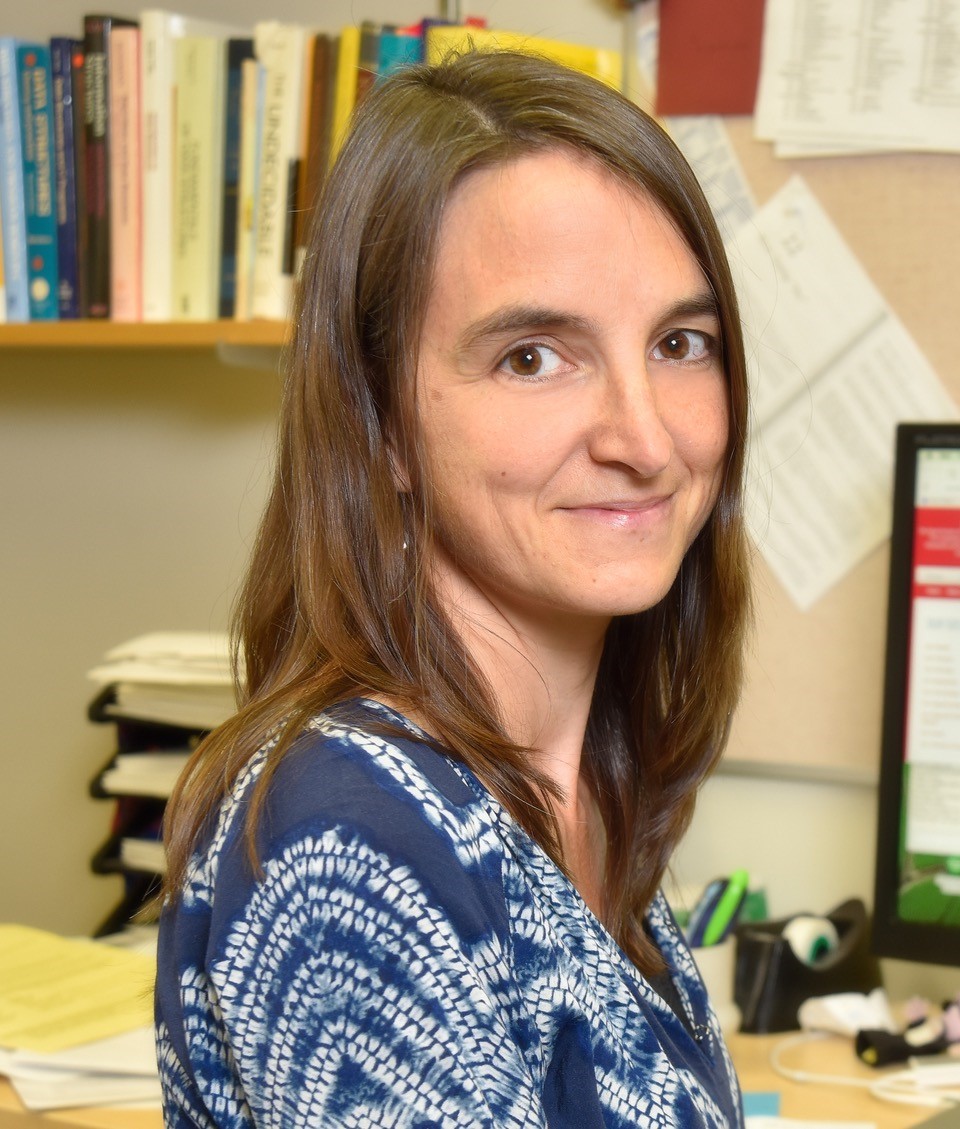Webinar: Efficient Methods for Computing Trust in Multi-Agent Systems
IEEE South Saskatchewan Section, Young Professionals South Saskatchewan and the Faculty of Engineering and Applied Science are pleased to present the webinar on "Efficient Methods for Computing Trust in Multi-Agent Systems"
Abstract: In systems with multiple potentially deceptive agents, any single agent may have to assess the trustworthiness of other agents in order to decide with which agents to interact. In this context, indirect trust refers to trust established through third-party advice, while direct trust is derived from one’s own interactions.
Since the advisers themselves may be deceptive or unreliable, agents need a mechanism to assess and properly incorporate advice. This presentation introduces a new and easy to implement method for computing indirect trust, based on a simple prediction with expert advice strategy as is often used in sequential learning. The new method either is on par with or outperforms competing state-of-the-art systems in the vast majority of settings simulated in an empirical study, while scaling substantially better. The results demonstrate that existing systems for computing indirect trust are overly complex; the problem can be solved much more efficiently than the literature suggests.
A second experimental study shows that strong methods for computing indirect trust make direct trust redundant in a surprisingly wide variety of scenarios. Further, a new method for the combination of the two trust types is proposed that, in the remaining scenarios, outperforms the ones known from the literature.
This is joint work with Elham Parhizkar, Mohammad Hossein Nikravan, and Robert C. Holte.
Date and Time
Location
Hosts
Registration
-
 Add Event to Calendar
Add Event to Calendar
Speakers
 Dr. Sandra Zilles of University of Regina
Dr. Sandra Zilles of University of Regina
Efficient Methods for Computing Trust in Multi-Agent Systems
Abstract:
In systems with multiple potentially deceptive agents, any single agent may have to assess the trustworthiness of other agents in order to decide with which agents to interact. In this context, indirect trust refers to trust established through third-party advice, while direct trust is derived from one’s own interactions.
Since the advisers themselves may be deceptive or unreliable, agents need a mechanism to assess and properly incorporate advice. This presentation introduces a new and easy to implement method for computing indirect trust, based on a simple prediction with expert advice strategy as is often used in sequential learning. The new method either is on par with or outperforms competing state-of-the-art systems in the vast majority of settings simulated in an empirical study, while scaling substantially better. The results demonstrate that existing systems for computing indirect trust are overly complex; the problem can be solved much more efficiently than the literature suggests.
A second experimental study shows that strong methods for computing indirect trust make direct trust redundant in a surprisingly wide variety of scenarios. Further, a new method for the combination of the two trust types is proposed that, in the remaining scenarios, outperforms the ones known from the literature.
This is joint work with Elham Parhizkar, Mohammad Hossein Nikravan, and Robert C. Holte.
Biography:
Dr. Sandra Zilles is a Professor of Computer Science at the University of Regina, where she holds a Canada Research Chair in Computational Learning Theory. Her research on machine learning and artificial intelligence is funded by government agencies and industry partners and has led to over 100 research publications. More than 45 highly qualified personnel have been trained under her (co-)supervision. Methods developed in Dr. Zilles’s lab have found applications in research on autonomous vehicles, in research on genetics, and in cancer research.
Dr. Zilles has won several awards for her research and is a member of the College of New Scholars, Artists and Scientists of the Royal Society of Canada. Her expertise is often called upon on program committees and organizational committees of leading conferences in her field, and she is an Associate Editor for the reputable Journal of Computer and System Sciences. She also serves on the Board of Directors for Innovation Saskatchewan and on the Board of Directors for the Pacific Institute for the Mathematical Sciences (PIMS).
Address:Regina, Saskatchewan, Canada
Agenda
When: Tuesday, 17 November 2020
Time: 2:00 – 3:00 pm (Regina Time)
Where: Zoom Presentation (Link provided in location section)

